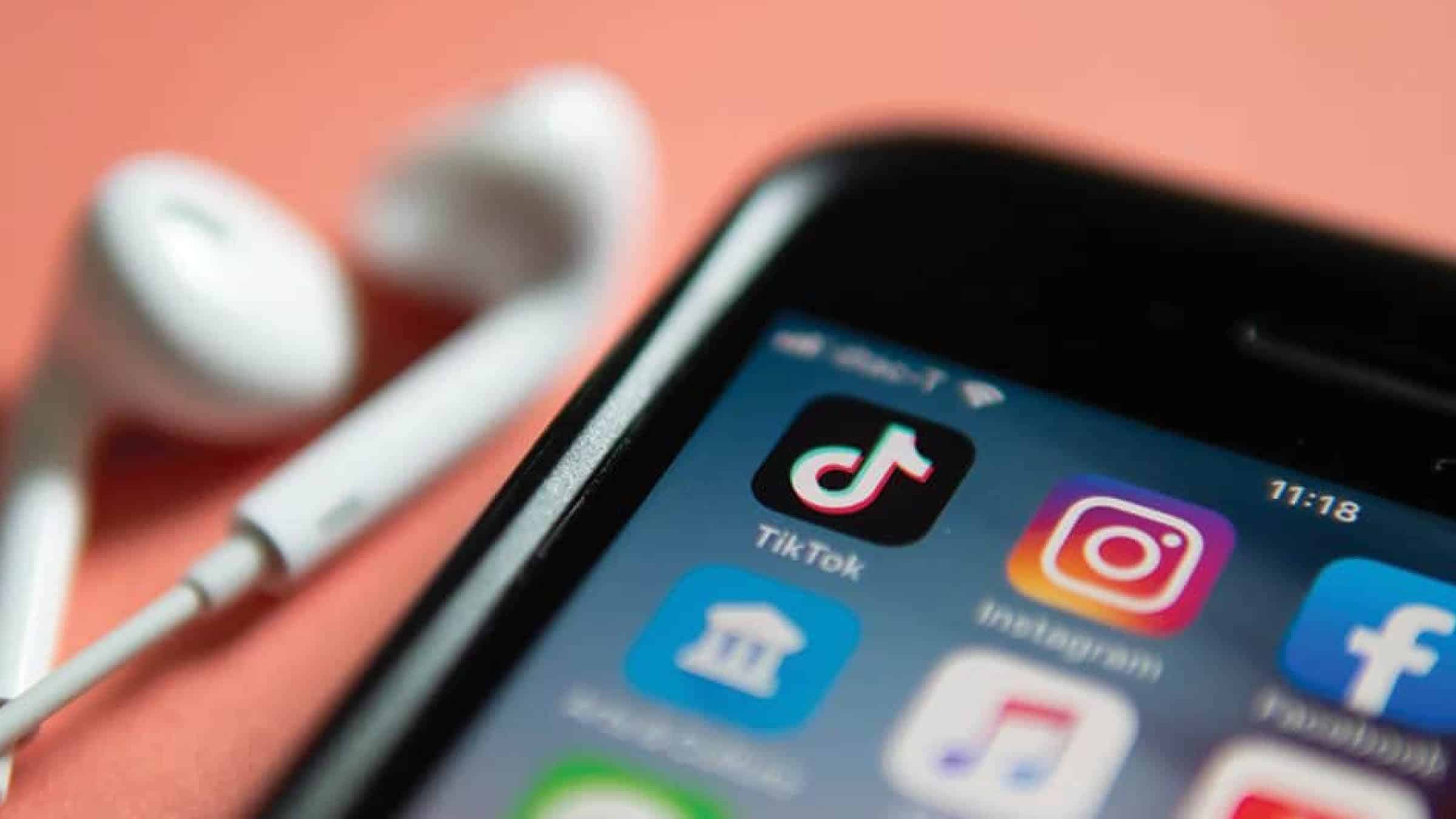New teen accounts on TikTok “bombarded” with content relating to self-harm and eating disorders, study finds

A newly published report has found that vulnerable users on TikTok could be “bombarded” with content that could encourage self-harm and disordered eating.
The Center for Countering Digital Hate (CCDH) created fictional teenager accounts in four countries to test the app, including usernames that reference weight loss. Those users then watched and “liked” relevant videos to gauge the response of the platform’s powerful algorithm, which automatically generates recommended content on the app’s famous “for you” feed.
According to the centre’s director and CEO, Imran Ahmed, the experience for a vulnerable user is akin to “being stuck in a hall of distorted mirrors where you’re constantly being told you’re ugly, you’re not good enough.”
Content related to mental health and body image was recommended every 39 seconds on average among four fictional users who interacted with relevant videos. Content referencing suicide was recommended to one account within 2.6 minutes of logging into the app. One account was recommended content related to disordered eating within eight minutes.
Some videos referenced “junkorexia,” a slang term for people with anorexia who only eat junk food. Others were shown videos referencing suicide with images of razor blades. Videos on the app also attempted to evade moderation by using coded hashtags and other language, such as references to Ed Sheeran (such as Ed, as in “eating disorder”).
In a statement from a company spokesperson, TikTok disputed the findings, noting that the researchers didn’t use the platform like typical users, and saying that the results were skewed as a result. The company also said a user’s account name shouldn’t affect the kind of content the user receives.
TikTok prohibits users who are younger than 13, and its official rules prohibit videos that encourage eating disorders or suicide. Users in the U.S. who search for content about eating disorders on TikTok receive a prompt offering mental health resources and contact information for the National Eating Disorder Association.
“We regularly consult with health experts, remove violations of our policies, and provide access to supportive resources for anyone in need,” said the statement from TikTok, which is owned by ByteDance Ltd., a Chinese company now based in Singapore.
“We’re mindful that triggering content is unique to each individual and remain focused on fostering a safe and comfortable space for everyone, including people who choose to share their recovery journeys or educate others on these important topics.”

